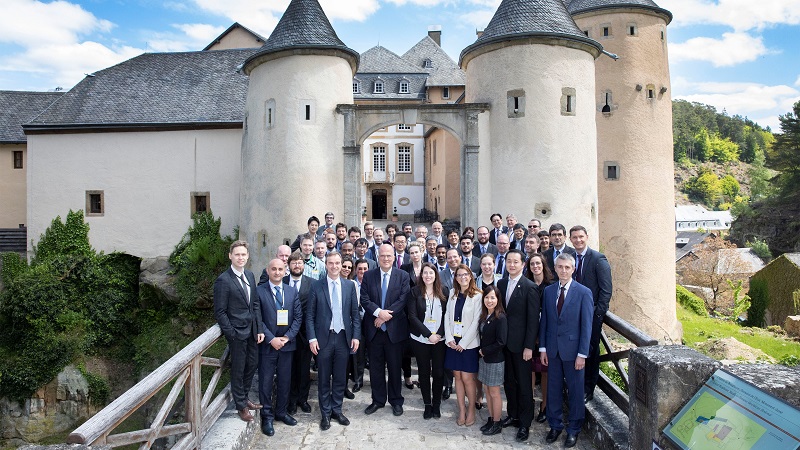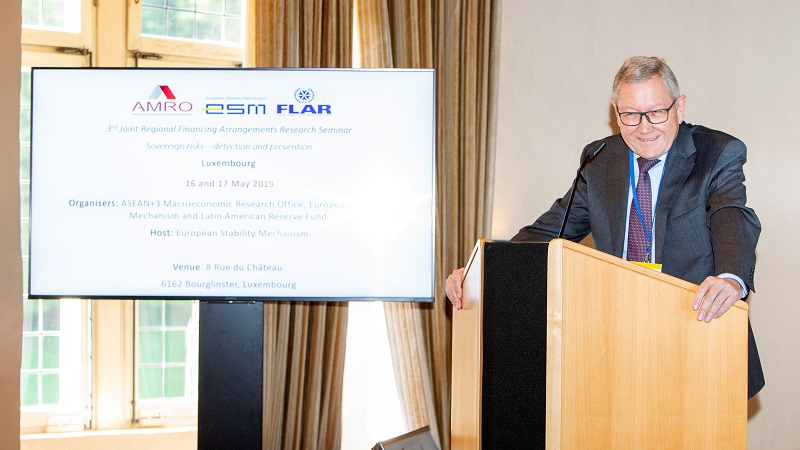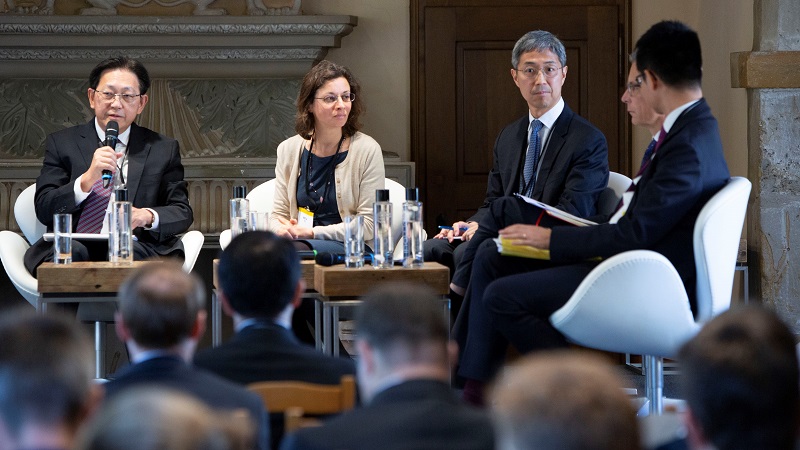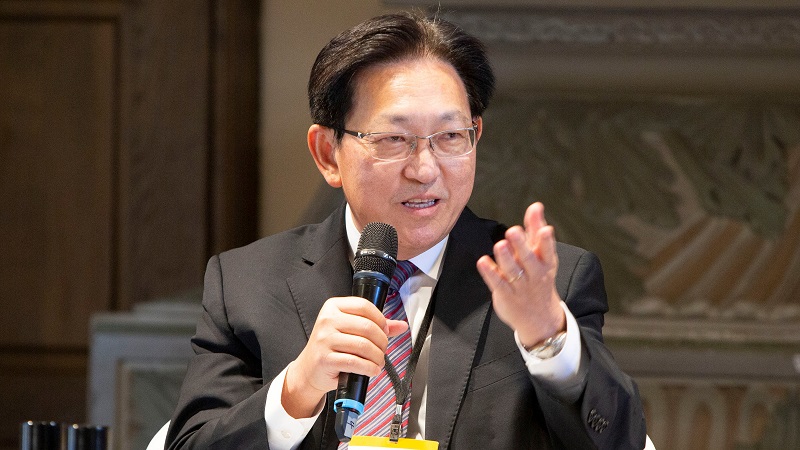The 3rd Joint Regional Financing Arrangement (RFA) Research Seminar
The 3rd Joint Regional Financing Arrangement (RFA) Research Seminar
Thursday and Friday, May 16-17, 2019
Contact: enquiry@amro-asia.org
Location: 8 Rue du Château, 6162 Bourglinster, Luxembourg
The 3rd Joint Regional Financing Arrangement (RFA) Research Seminar co-organized by the ASEAN+3 Macroeconomic Research Office (AMRO), the European Stability Mechanism (ESM), and the Fondo Latinoamericano de Reservas (FLAR), will be held on May 16 and 17, 2019 in Luxembourg. The seminar is an annual event aiming at bringing academics and institutions together to discuss key issues pertaining to global and regional financial stability.
Given heightened global risks related to trade tensions, geopolitical challenges, and economic and market uncertainties, this year our research seminar will focus on detecting, analysing, preventing, and tackling sovereign risks and how the Global Financial Safety Net, in particular its regional line of defence, can provide enhanced support.
Mr Klaus Regling, Managing Director of European Stability Mechanism (ESM), and Mr José Darío Uribe, Executive President of Fondo Latinoamericano de Reservas (FLAR), will make the introductory remarks. Mr Yasuto Watanabe, AMRO Deputy Director, will make the closing remarks. The event comprises two academic sessions and a roundtable. AMRO Chief Economist Dr Hoe Ee Khor will chair the first academic session themed “Diagnose current global sovereign risks”, while Dr Li Lian Ong, AMRO Lead Specialist and Group Head (Surveillance) will speak about the Economic Review and Policy Dialogue (ERPD) Scorecard and ARTEMIS as effective risk detection tools.
The audience will be a mix of academics, economists from central banks and finance ministries, representatives from RFAs, the IMF, and other institutions.
The event is by invitation only.
Program
Speakers
Klaus Regling
Managing Director – European Stability Mechanism
José Darío Uribe
Executive President – Latin American Reserve Fund
Hoe Ee Khor
Chief Economist – ASEAN+3 Macroeconomic Research Office
Galina Hale
Research Advisor – Federal Reserve Bank of San Francisco
Ilhyock Shim
Head of Economics and Financial Markets for Asia and the Pacific – Bank for International Settlements
Moritz Kraemer
Chief Economic Advisor – Acreditus
Gong Cheng
Senior Economist – European Stability Mechanism
Nicola Giammarioli
Head of Strategy and Institutional Relations – European Stability Mechanism
Phakawa Jeasakul
Economists – International Monetary Fund
Romain Lafarguette
Economists – International Monetary Fund
Jan Hannes Lang
Financial Stability Expert – European Central Bank
Li Lian Ong
Group Head Financial Surveillance – ASEAN+3 Macroeconomic Research Office
Dennis Essers
Economist – National Bank of Belgium
Randall Henning
Professor at the School of International Service – American University
Erik Berglöf,
Director of the Institute of Global Affairs – London School of Economics
Yasuto Watanabe
Deputy Director – ASEAN+3 Macroeconomic Research Office
Photos




